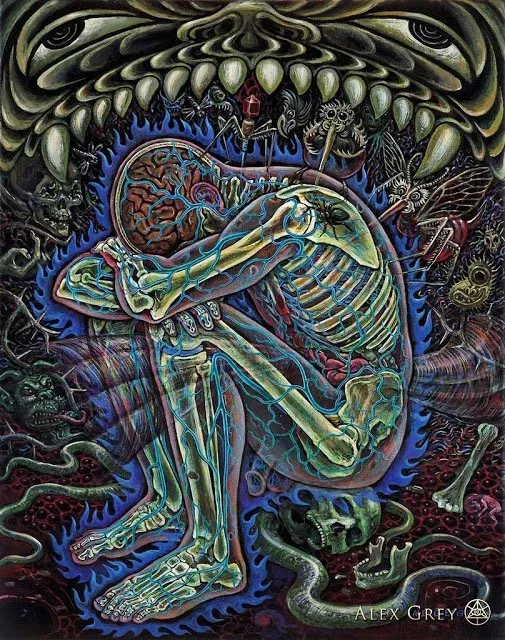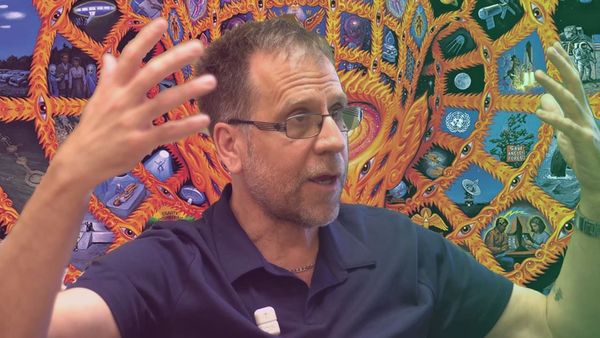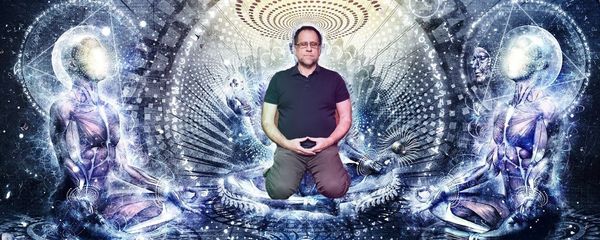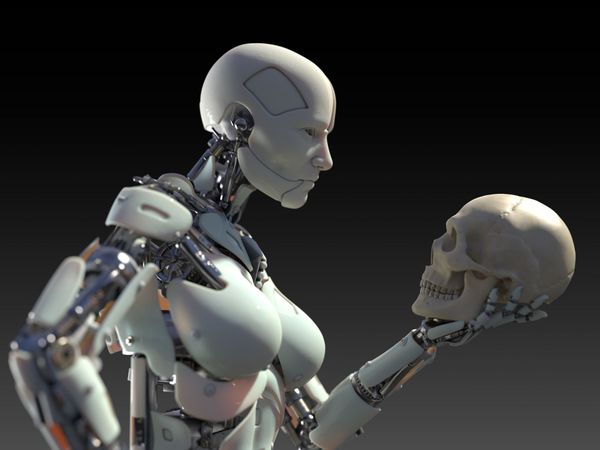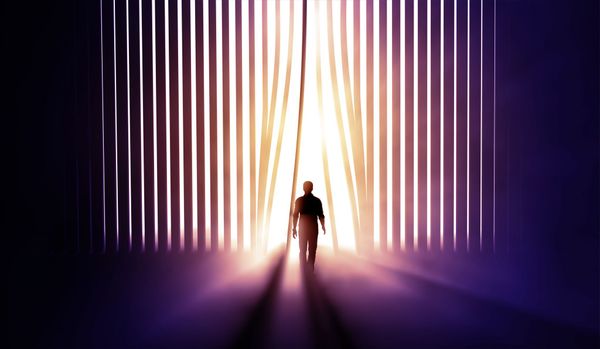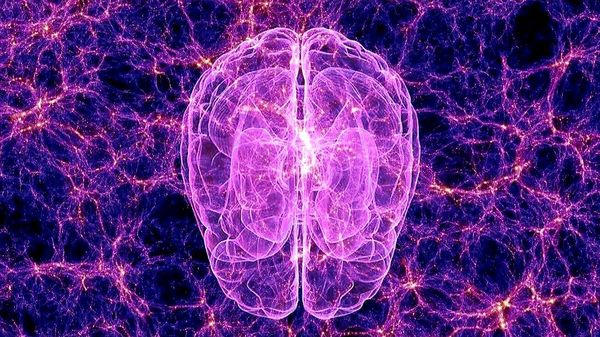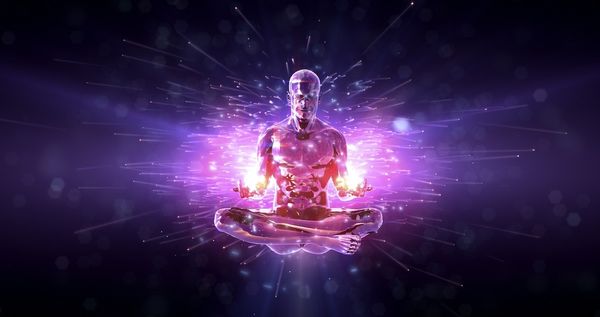Martijn Schirp • • 5 min read
The Virtual Body Ideal: Why We Feel More Insecure Than Ever
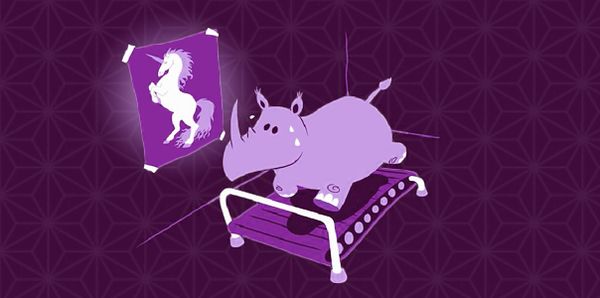
For Attractive lips, speak words of kindness.
For lovely eyes, seek out the good in people.
For a slim figure, share your food with the hungry.
For beautiful hair, let a child run their fingers through it once a day.
For poise, walk with the knowledge that you never walk alone.
People, more than things, have to be restored, renewed, revived, reclaimed, and redeemed. Remember, if you ever need a helping hand, you will find one at the end of each of your arms.
As you grow older, you will discover that you have two hands, one for helping yourself and the other for helping others.
― Sam Levenson
The Dutch documentary Beperkt Houdbaar (Preservation Limited) throws a critical look upon our media era and how beauty in marketing is affecting the way we perceive ourselves. In the past 50 years or so, objectively speaking, women have become more beautiful. Better living conditions has reduced damage to their teeth and skin. Almost all women today look healthier than a few generations back did. Somehow, however, we don’t see it this way. A shocking 2% of women find their own bodies sexy today, and about the same percentage said they were pleased with how they look. The ever-widening gap between how we want to look and what we actually see in the mirror seems to splitting us in half.
What is happening today…
To find the cause of this discrepancy, the documentary maker interviewed some of the industries that reproduce different beauty ideals. A stunning conclusion was that nobody uses pure models anymore, all magazine and marketing firms add another element: Photoshop.
The power of Photoshop has given us the almost godlike power to subtract the ravages of time, loose skin, wrinkles, scars and pigment and add what life denied us, bigger breasts, eyes and lips. We want to make models look so beautiful that you immediately fall under their spell. These gorgeous ladies are literally from another world, and no matter how enlightened you are, they can not but catch your attention.
When plotting the graph
the x-axis and y-axis don’t exist really, they just serve as virtual reference points for the function. They are pure attractors, they only exist virtually, the focal point to which the line endlessly approaches while never reaching it.
Do the images we see in movies and billboards not function in the same way? They don’t exist really, they are virtual precisely because they do not exist, there is not a single women in the world today who actually looks like the images we see in magazines and television. But they do serve as attractors for commercial purposes. More and more women tend to increase their resemblance with them. Is it not so that women put on make-up to get closer to our intersubjective beauty Ideal?
In my research (for science, I must add) I came across this video
(NSFW)that correlates censorship of a realistic norm with plastic surgeries. It perfectly illustrates my point: With a skewed sense of what is normal, when supernatural images enter our reality, we start to feel self-conscious and ashamed about who they are. The brushes of Photoshop have a far wider reach than the computer. Images are never just images.
What are the consequences…
Reality is being supplemented by virtual attractors and material reality gravitates towards these Ideals. Yet, since our current ideals of ours are unattainable, our idea of what we think should look like and how we humans actually are can never overlap. This causes an endless cycle of wanting to change. In other words, in comparison to the skewed norm, we can’t accept how we are right now.
An often overlooked effect is how this social conditioning effects the way we treat eachother. Once we start changing the way we look, we in effect become role models, who in turn influence others, and so on. Not only that, we also judge others who don’t fit our shared, but skewed, norm. Peer pressure creates a ripple effect through society, making us partners of the advertising industry.
Whereas we used to compare our looks with real people around us, now we have to compete with images that are beyond the physical. And don’t be fooled, this is a very lucrative business. Most women magazines never publish a critical piece about the cosmetic industry, nor do men magazines criticize the fitness enterprize. If they would, they would lose their advertising income. So, in effect, their whole consumer industry is based on the simple formula: creating a problem (your looks) while providing the solution (their products.)
There is thus a huge incentive to make you feel inadequate. Even when your body is fit and healthy, there is still money to be made if you believe something is wrong with you. And this is what they subconsciously tell you, day in, day out. We aren’t made to distinguish between real and virtual images, and so we can not help but believe what we are told. Hence the result, a culture saturated with self-loathing and psychological eating disorders.
What can we do to stop this…
1. Make sure you consciously stop comparing yourself with the virtual x-axis and y-axis. Compare yourself with actual reality, your friends, your family, and see that we are all perfect in our imperfectness.
2. Get rid of all influences that skew the norm. Throw away photoshopped magazines, don’t look at commercials, look for the negation of life itself in the soulless masks. See how they structure reality and thereby break the magic spells. Also understand that subconsciously, you are powerless to their tricks. Want to feel more adequate? Don’t give the cosmetic industry a chance to lure you in their endless cycle of not being able to live up to their beauty ideal.
3. Once you stopped comparing yourself, stop judging others as well. Stop functioning as a panopticon. Don’t fight each other, fight the oppressive system.
4. Look into the mirror and say ‘I am beautiful‘. Why? Because you are a beautiful living and breathing organism, honed by millions of years of evolution, capable of a kaleidoscope of feelings and creativity, unhindered by the way you look. You are beautiful and it has to be said.
5. If you want to change something about yourself? My advice, don’t do it. In 50 years time it will be seen as a cultural fluke, a temporary excess, an overflowing of material values. “How on earth did people believe that?”
6., True beauty lies underneath the mask, it is not the mask itself. There is nothing more beautiful than a healthy and happy person, radiating compassion and warmth. No amount of botox or mascara changes that. Make sure you are beautiful from the inside, because the documentary was right, external beauty is only limitedly preserved.

